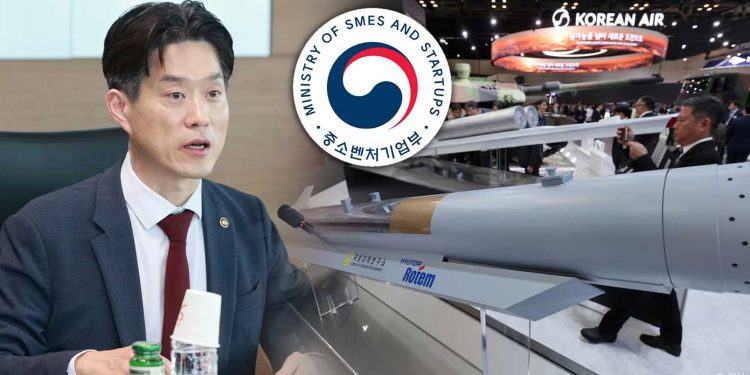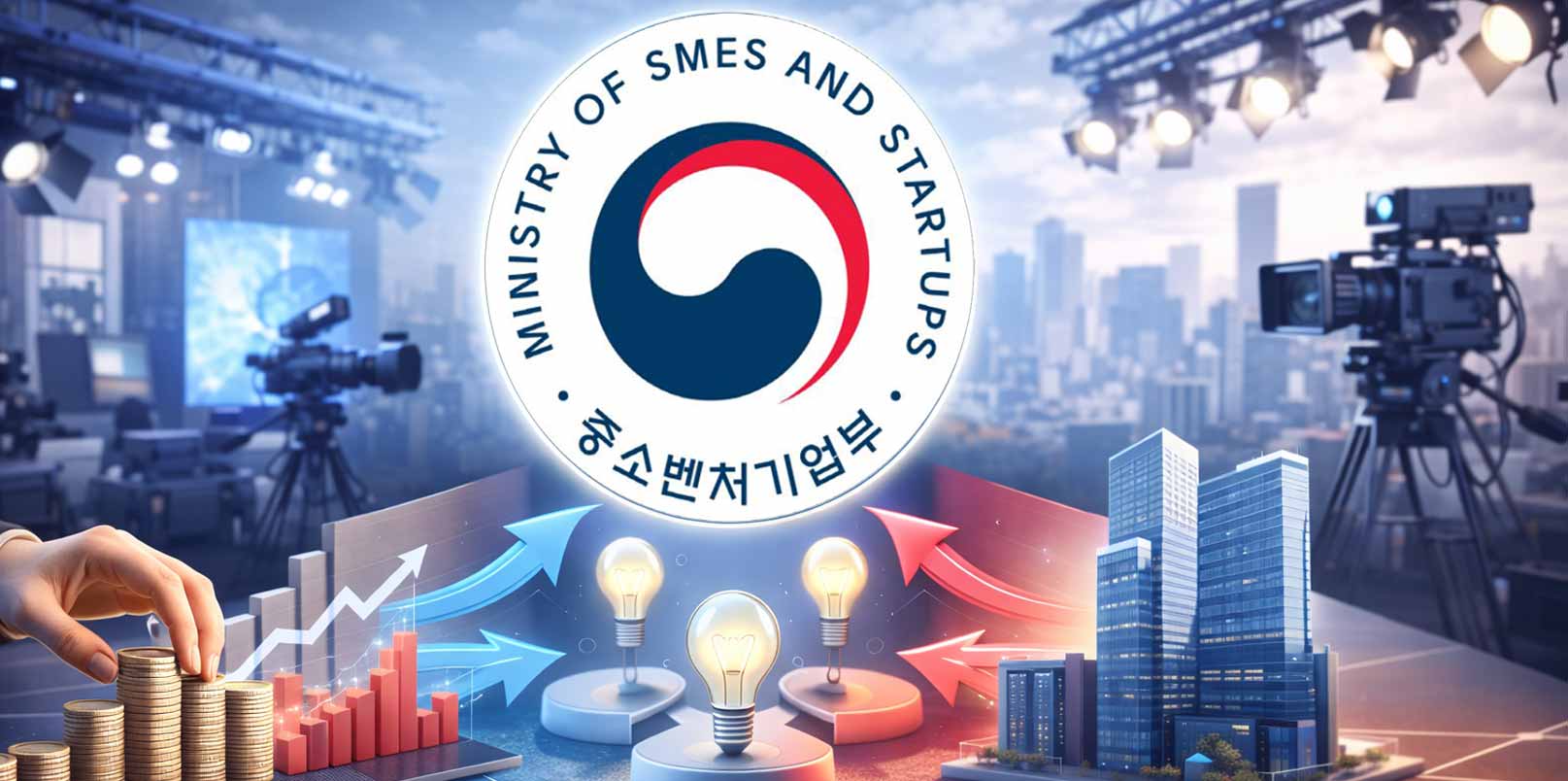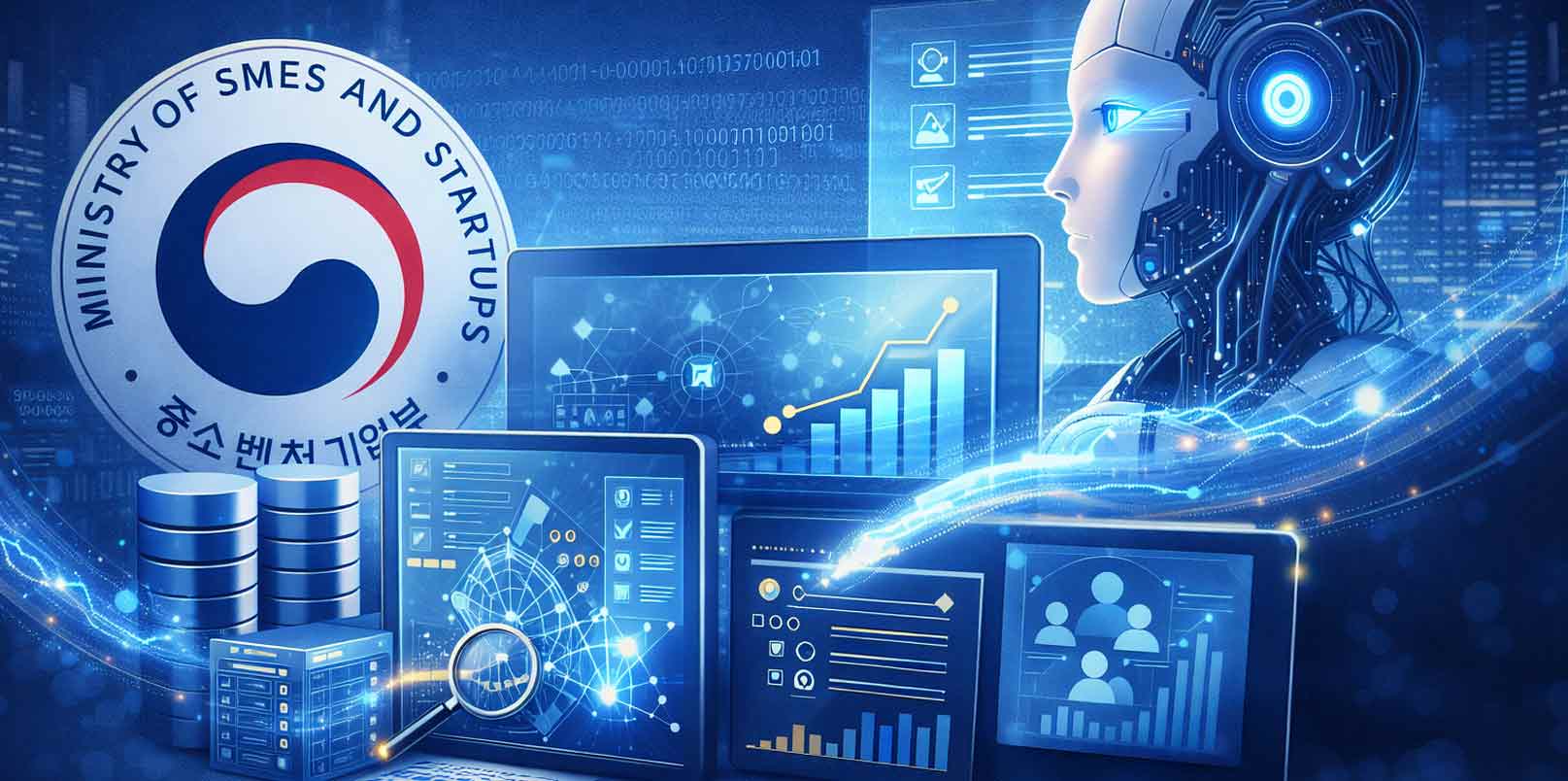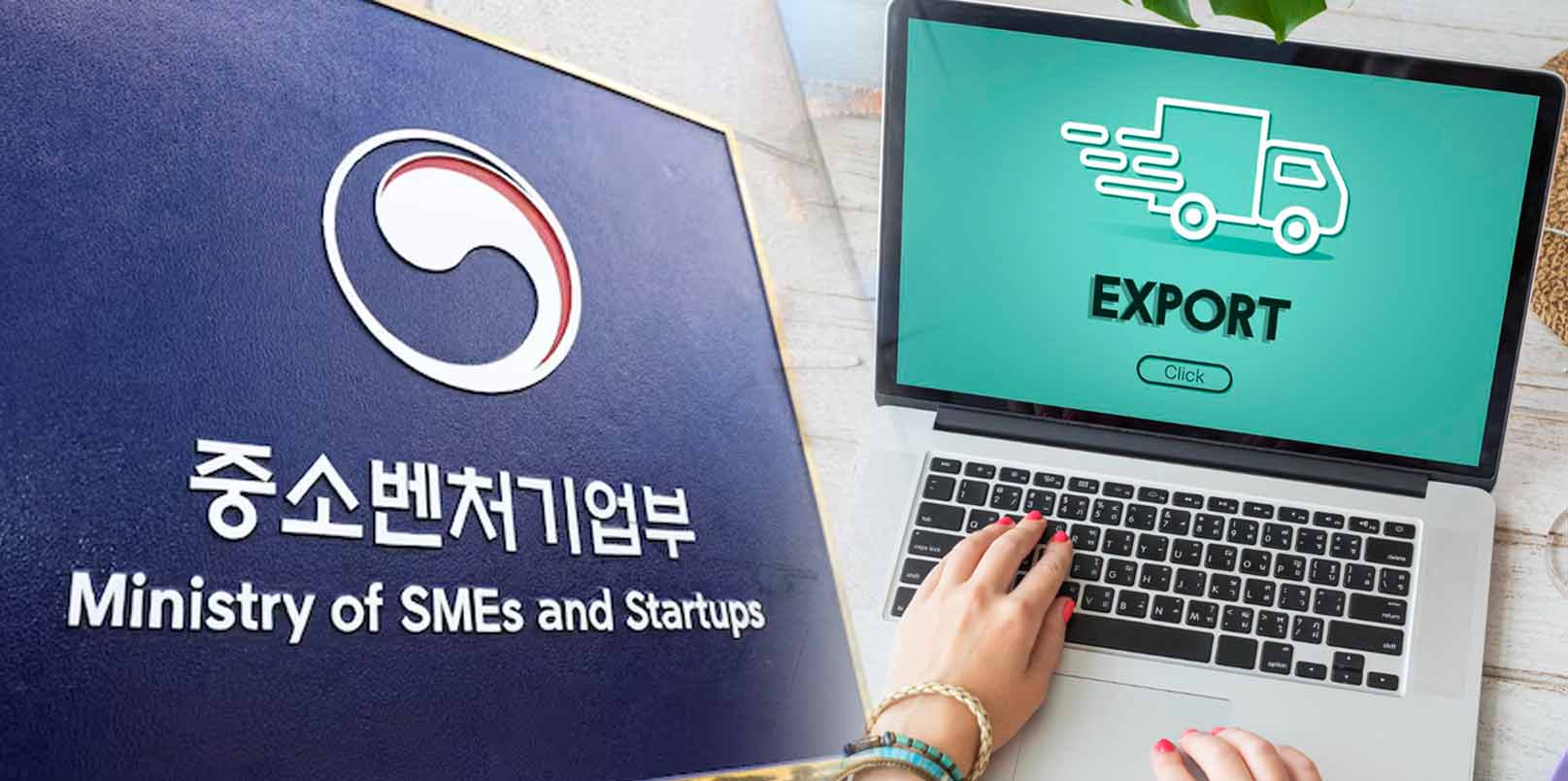South Korea is turning its K-Defense startup strategy into action. Building on its national push for dual-use innovation, the Ministry of SMEs and Startups (MSS) has launched the Defense Startup Open Innovation Challenge, connecting emerging tech companies with defense enterprises and military agencies. The initiative reflects a policy shift where civilian startups are no longer observers but active players in defense technology development.
Korea Launches Defense Startup Challenge to Accelerate Military-Tech Collaboration
Chaired by Vice Minister Noh Yong-seok on October 31 at LUNAMIELE in Seoul’s Yeongdeungpo District, the Ministry of SMEs and Startups announced the kick-off for a new program called Defense Startup Open Innovation Challenge. The program has opened applications for startups seeking to join Korea’s expanding defense innovation ecosystem.
With this new Defense Startup Open Innovation Challenge, startups will be able to collaborate directly with the Air Force, Navy, and major defense companies such as Korea Aerospace Industries (KAI), LIG Nex1, Hanwha Ocean, AU Sensor and Korean Air, addressing specific technological and operational challenges identified in partnership with the Defense Acquisition Program Administration (DAPA) and the Korea Defense Industry Association (KDIA).
Startups can apply through the K-Startup portal until November 20. About ten collaboration projects will be chosen following evaluation.
Each selected startup will receive around KRW 60 million (USD 44,000) in project funding plus consulting, professional training, and networking support. Defense companies will provide access to testing facilities, technical experts, and infrastructure, while top-performing startups may gain follow-up R&D opportunities.
Turning Strategy into Action: Korea’s K-Defense Vision Moves into Implementation
This new challenge follows the government’s broader K-Defense Startup Strategy announced earlier in October 2025, which positioned startups as central to Korea’s dual-use innovation and defense-technology competitiveness.
That policy framework emphasized that future defense capabilities would depend on agile players in AI, drones, robotics, and autonomous systems—areas where startups are already shaping global markets. The Open Innovation Challenge now operationalizes that vision, translating policy into tangible collaboration between startups and traditional defense actors.
Civil-Military Collaboration: Evolving Open Innovation Model for Korea’s Defense Procurement Framework
At the Defense Startup Challenge Kick-Off Day, Vice Minister Noh Yong-seok emphasized that civil–military collaboration must evolve into an open innovation model that complements Korea’s traditional defense procurement framework:
“If initiatives like this open innovation challenge take root, they can supplement the existing defense procurement system.
The Ministry of SMEs and Startups will not only help innovative startups enter the defense ecosystem but also support their growth and partnerships with established defense companies.”
Participants from defense and startup sectors expressed optimism that the challenge could reduce entry barriers for smaller firms and create practical cooperation channels with large defense primes such as KAI and LIG Nex1. They also noted that combining startup agility with industrial infrastructure could accelerate Korea’s move toward dual-use defense technologies with export potential.
Positioning Korea in the Global Defense-Tech Race: Why Startups Matter Now
Globally, startups such as Anduril Industries in the U.S. and Helsing in Europe have demonstrated that AI-driven defense ventures can outpace traditional defense contractors in valuation and innovation agility. Korea’s move follows this trend by positioning its startups to become dual-use innovators capable of serving both civilian and military markets.
The initiative also aligns with Korea’s ambition to strengthen its position as a regional defense-tech hub, where AI, robotics, and drone technologies intersect with export-driven manufacturing. By bridging its deep-tech startup ecosystem with defense modernization, Korea is demonstrating through policy action that innovation in security technologies is expanding beyond large conglomerates.
A New Era for Korea’s Defense Innovation: Startups as Strategic Partners
Through the Defense Startup Open Innovation Challenge, the Ministry of SMEs and Startups is laying the groundwork for a more inclusive, technology-driven defense ecosystem. By integrating startups into national defense projects, Korea is converting its K-Defense vision into practical collaboration that enhances both industrial competitiveness and technological sovereignty.
If sustained, this approach could redefine the region’s defense innovation model—one where startups are not peripheral suppliers but central architects of future military and security technology.
– Stay Ahead in Korea’s Startup Scene –
Get real-time insights, funding updates, and policy shifts shaping Korea’s innovation ecosystem.
➡️ Follow KoreaTechDesk on LinkedIn, X (Twitter), Threads, Bluesky, Telegram, Facebook, and WhatsApp Channel.






